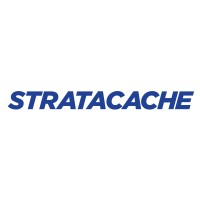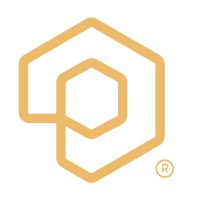Companies that use kaniko
A tool to build container images from a Dockerfile, inside a container or Kubernetes cluster. kaniko doesn't depend on a Docker daemon and executes each command within a Dockerfile completely in userspace. This enables building container images in environments that can't easily or securely run a Docker daemon, such as a standard Kubernetes cluster.
227
companies
List of companies using kaniko
curl --request POST \
--url "https://api.theirstack.com/v1/companies/search" \
--header "Accept: application/json" \
--header "Content-Type: application/json" \
--header "Authorization: Bearer <api_key>" \
-d "{
\"company_technology_slug_or\": [
\"kaniko\"
]
}"Technology
is any of
kaniko
| Company | Country | Industry | Employees | Revenue | Technologies |
|---|---|---|---|---|---|
 France | IT Services and IT Consulting | 5k | kaniko | ||
 United States | Insurance | 32k | kaniko | ||
 United States | Software Development | 501 | $1B | kaniko | |
 Belgium | Utilities | 2.7k | kaniko | ||
 Spain | Software Development | kaniko | |||
 United States | Real Estate | 518 | $12M | kaniko | |
 France | IT Services and IT Consulting | 80k | $19B | kaniko | |
 United Kingdom | Financial Services | 23k | $3B | kaniko | |
 Germany | Software Development | 141k | $33B | kaniko | |
 United Kingdom | IT Services and IT Consulting | 5.8k | $1B | kaniko |
We have data on 227 companies and users that use kaniko. Our kaniko users and customers list is available for download and comes enriched with vital company specifics, including industry classification, organizational size, geographical location, funding rounds, and revenue figures, among others.
Technology Usage Statistics and Market Share
How to target kaniko users
- How to customize this list?
You can customize this data to your needs by filtering for geography, industry, company size, revenue, technology usage, job postions and more. You can download the data in Excel or CSV format.
- How to be alerted when companies adopt this technology?
You can get alerts for this data. You can get started by selecting the technology you are interested in and then you will receive alerts in your inbox when there are new companies using that technology.
- How to import this data to my CRM?
You can export his data to an Excel file, which can be imported into your CRM. You can also export the data to an API.
Frequently asked questions








